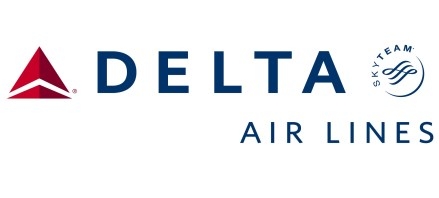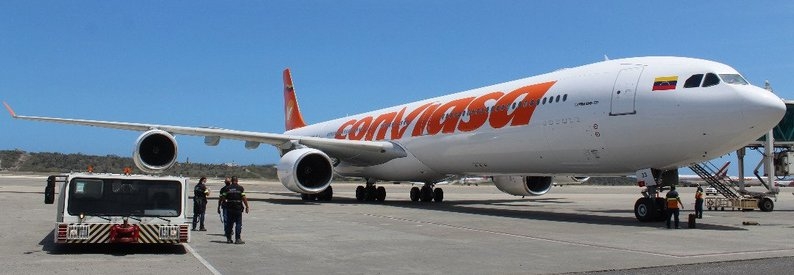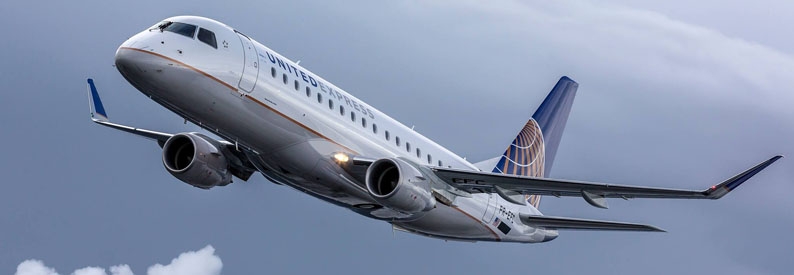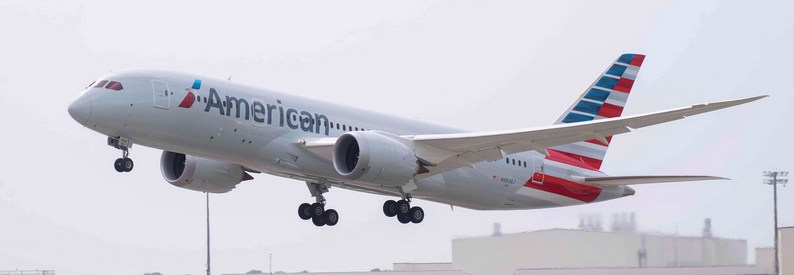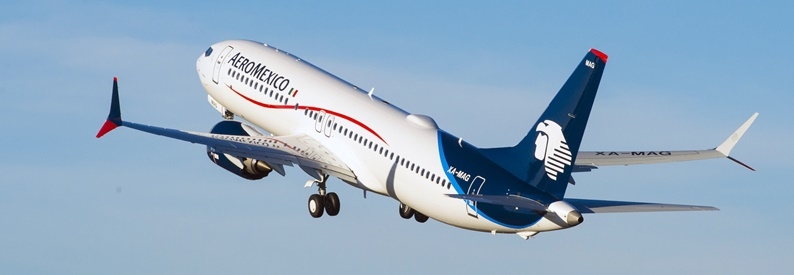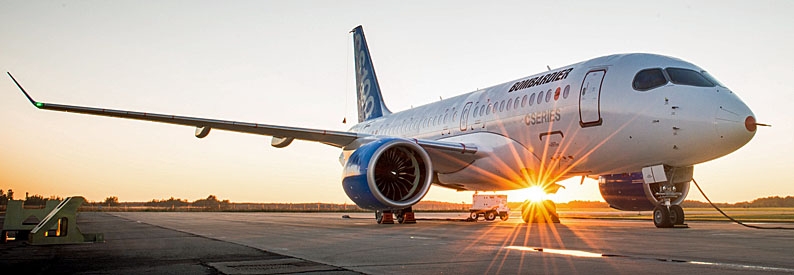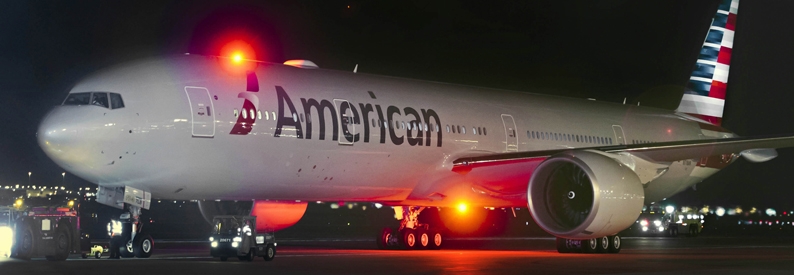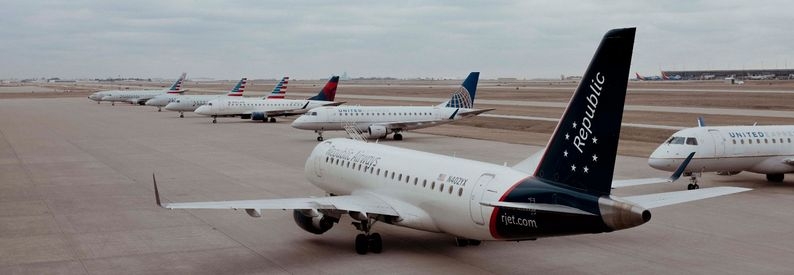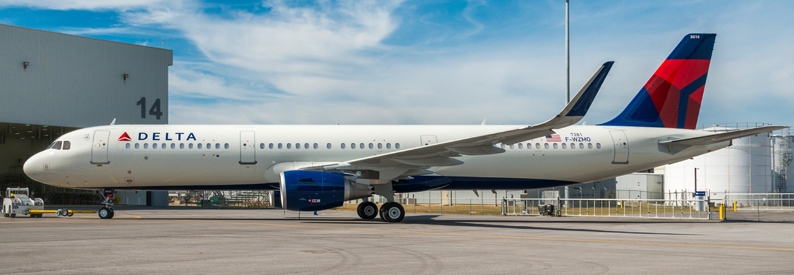An attempt by Delta Air Lines (DL, Atlanta Hartsfield Jackson) to gain the flexibility for all US carriers to use up to two of their currently allocated US-Tokyo Haneda slot pairs to serve Haneda from any US gateway of its choosing, has been thwarted by the US Department of Transportation, which said the airline's request was unwarranted, not in the public interest, and would undermine the Department's rationale for selecting existing carriers and gateways over other competing applicants.
Delta had requested the change as part of a three-year pilot programme, citing as justification that post-pandemic demand between the US and Japan has been slow to recover from Covid-19 and that forward-looking demand remains volatile. According to Delta, passenger volumes on the US-Japan route are still at 49% of 2019 levels compared to a 72% recovery on other US-long-haul routes. It also claimed that competition on the route was restricted because airlines cannot freely respond to demand changes without seeking the DOT's approval.
American Airlines and Hawaiian Airlines supported Delta’s application, but United Airlines strongly objected, labelling Delta's request a "self-serving scheme to improve its financial performance". This resulted in a war of words between the two carriers, with Delta responding in a hard-hitting reply that United was protectionist and self-serving for prioritising profits over consumers by objecting to a solution that would allow all slot holders to offer more convenient flying options between the US and Tokyo Haneda.
However, the DOT decided it would not be in the public's best interest for carriers to change their selected US gateways to Tokyo Haneda, even on a temporary or limited basis as Delta proposes, at their own discretion and without DOT and community input. It found that Delta's proposal to notify the Department of its new gateways in advance would not provide notice to all communities that might wish to support or oppose gateway changes.
"Rather, the Department believes, consistent with our past practice, that should any of the carriers selected for Haneda service wish to change their US gateway, the public interest would be best served by our consideration of such a request on the basis of a fresh and complete evidentiary record, and in light of the circumstances presented at that time. Such a record would offer the opportunity not only for arguments and evidence that the requesting carrier might present in support of its proposed shift but also potential arguments and evidence of other interested carriers and communities in favour of alternative outcomes that they believe would best maximize public benefits," the DOT said.
Still, it also turned down United's request to immediately launch a new carrier selection process for Tokyo Haneda. United stated it was ready to take up Delta's slot pairs if the Atlanta-based carrier was unable to use them. The DOT pointed out that start-up and dormancy conditions attached to all US-Tokyo Haneda slots are waived until October 28, 2023. "Under the terms of that waiver, carriers must notify the Department, in writing, no later than October 1, 2023, of any Haneda limited-entry route authority that the carrier will not be using beginning October 29, 2023. Given these circumstances, we believe that it would be premature to institute further regulatory proceedings on existing Haneda slot pair allocations," it said.
- Type
- Base
- Aircraft
- Destinations
- Routes
- Daily Flights
